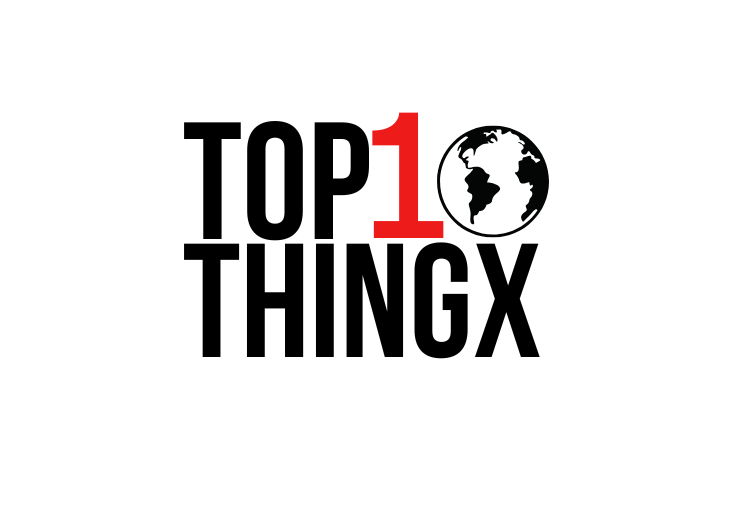In today’s fast-paced business world, leveraging the right tools can significantly enhance productivity and streamline operations. From project management to customer relationship management, the right software can make a world of difference. Here’s a look at the top ten business tools that can help businesses thrive and grow.
In the digital age, businesses have access to a wide array of tools designed to enhance various aspects of their operations. Choosing the right set of tools can lead to increased efficiency, better decision-making, and improved customer experiences. Here are ten essential business tools that every organization should consider.
Slack: The Ultimate Communication Tool
Slack is a popular communication platform that facilitates team collaboration and communication. It offers features like channels for different topics, direct messaging, and integrations with other tools. Slack helps teams stay connected and streamline communication, reducing the need for lengthy email threads and meetings.
Asana: Streamline Project Management
Asana is a project management tool that helps teams plan, track, and manage their work. With features like task assignments, deadlines, and project timelines, Asana enables teams to stay organized and meet their project goals efficiently. It’s particularly useful for managing complex projects and ensuring that everyone is on the same page.
Salesforce: CRM Excellence
Salesforce is a leading Customer Relationship Management (CRM) tool that helps businesses manage their customer interactions and sales processes. It offers features like lead tracking, sales forecasting, and customer analytics. Salesforce enhances customer relationships and streamlines sales operations, making it a vital tool for businesses looking to grow their customer base and increase revenue.
Microsoft Office 365: The Complete Suite
Microsoft Office 365 provides a comprehensive suite of productivity tools including Word, Excel, PowerPoint, and Outlook. With cloud integration, real-time collaboration, and robust security features, Office 365 is essential for everyday business tasks, document creation, and communication. It’s a versatile solution that meets various business needs.

QuickBooks: Simplify Your Accounting
QuickBooks is an accounting software that simplifies financial management for businesses. It offers features like expense tracking, invoicing, and financial reporting. QuickBooks helps businesses manage their finances efficiently, making it easier to handle payroll, tax preparation, and budgeting.
HubSpot: Marketing and Sales Integration
HubSpot is an all-in-one marketing, sales, and service platform. It provides tools for lead generation, email marketing, and CRM. HubSpot’s integrated approach helps businesses align their marketing and sales efforts, improving lead conversion rates and customer satisfaction.
Trello: Visualize and Organize Tasks
Trello is a visual project management tool that uses boards, lists, and cards to organize tasks and projects. It’s ideal for tracking progress, assigning tasks, and managing workflows. Trello’s intuitive interface and flexibility make it a popular choice for teams looking to manage projects and collaborate effectively.
Zoom: Efficient Remote Communication
Zoom is a video conferencing tool that facilitates remote meetings, webinars, and collaboration. With features like screen sharing, breakout rooms, and recording, Zoom is essential for businesses that operate remotely or have distributed teams. It helps maintain stackoverflow communication and collaboration regardless of physical location.
Google Analytics: Data-Driven Insights
Google Analytics is a powerful tool for analyzing website traffic and user behavior. It provides insights into how visitors interact with your website, which can inform marketing strategies and improve user experience. Google Analytics helps businesses make data-driven decisions and measure the effectiveness of their online efforts.
Frequently Asked Questions
What types of tools should a business invest in to boost efficiency and growth?
A business should consider tools that:
- automate repetitive tasks and reduce manual workload.
- enable better collaboration, communication and project/task-management.
- provide strong analytics, reporting and help with decision-making.
- scale with the business as it grows (so you’re not locked into tools that work only when you’re small).
How do I choose the right tool for my business rather than just picking the newest or most popular one?
When selecting business-tools, you should:
- start by identifying your current bottlenecks or inefficiencies (e.g., communication breakdowns, manual work, lack of insight).
- evaluate how well the tool integrates with your existing systems (to avoid creating more silos).
- check whether it is appropriate for your business size and growth stage (what works for a startup may not work for a larger organisation).
- utilise free trials or demos where possible to test adoption among your team
Can small businesses benefit from the same tools that large enterprises use for efficiency and growth?
Yes — but with some caveats:
- Many tools used by large enterprises have versions or tiers suitable for smaller teams. The key is choosing tools that fit your scale and complexity.
- For small businesses, simpler tools that address immediate pain points (workflow automation, collaboration, CRM) often give the most value.
- It’s important not to over-buy or deploy tools before your team is ready; the benefit comes from adoption and usage more than features.
